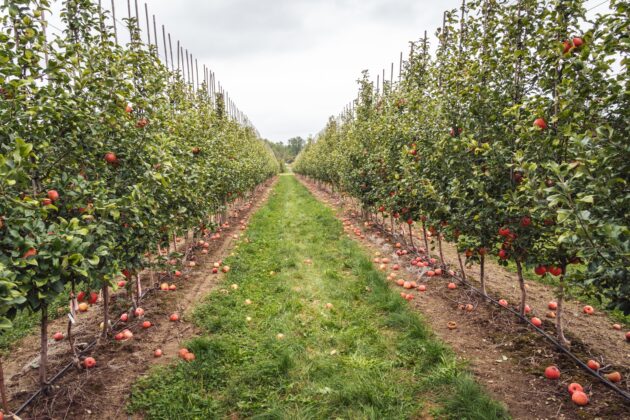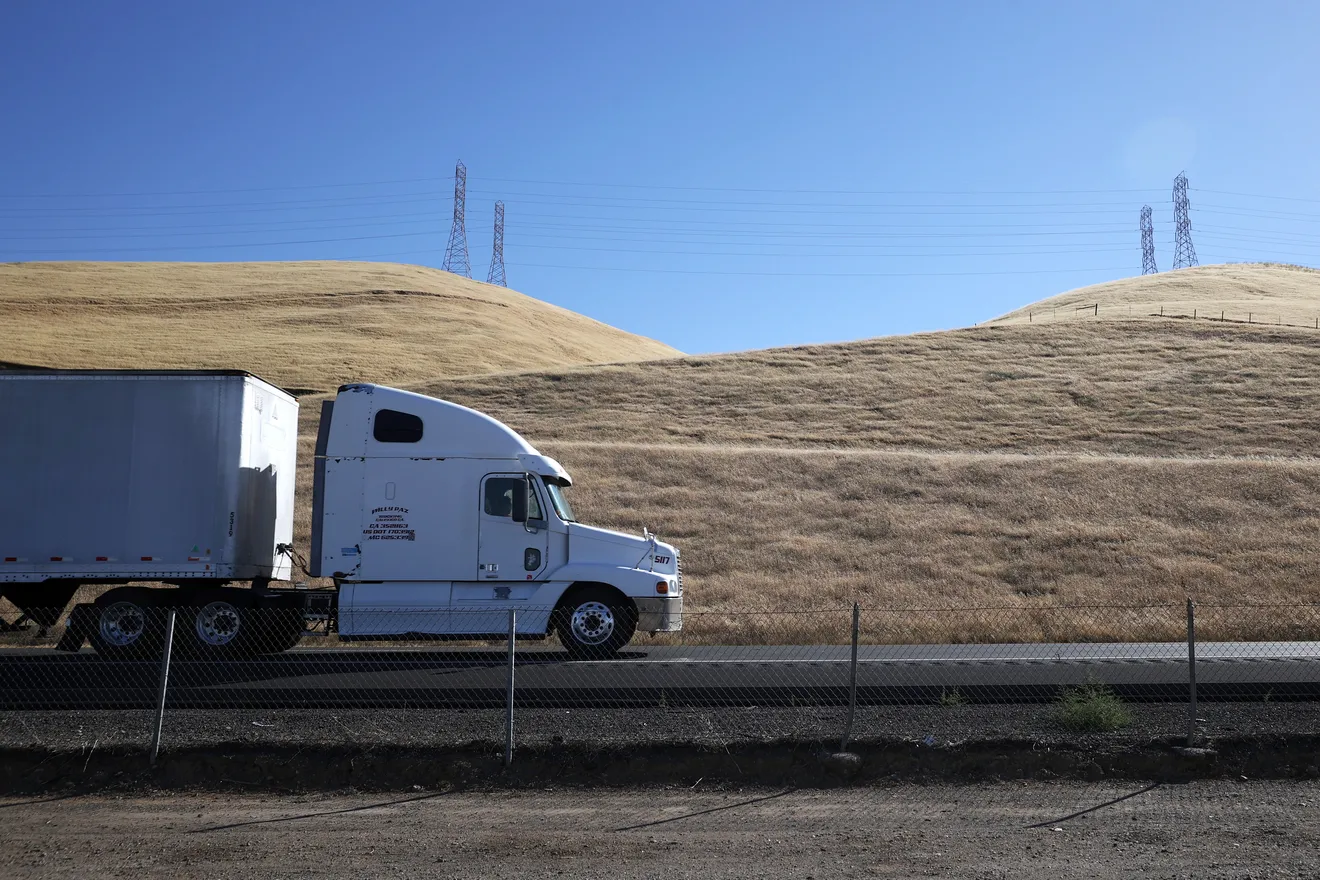It started with bus drivers. We couldn’t get bus drivers for love or money. Most people saw bus driving as an undesirable job; poor pay, split shifts and unsociable hours. People don’t want to be bus drivers, but they do want buses. Therein lies the problem.
Then along came truck drivers. There was a truck driver shortage before the pandemic hit, but COVID made things much worse. The same problems exist for truck drivers – long hours and time away from home, but the delays caused by pandemic supply chain disruptions were the last straw for many drivers. They often found themselves standing around for hours on end, waiting for a consignment to be offloaded and then reloaded and drivers are not paid for that time, as they are only paid for time on the road. Nowadays, truck drivers put the ability to spend the night at home as a priority over high wages, and the pay is not that great anyway. Drivers are walking off the job.
These problems were already brewing before the pandemic hit. But what is it about the pandemic that forced people from all professions to start resigning in droves?
Well, first, there are the obvious things, such as layoffs, vaccine mandates, and the ability to take early retirement. Some employers were a little trigger-happy at the start of the pandemic and laid off workers, only to discover that they cannot find experienced staff to replace them. A lack of immigrants is a big issue for countries like New Zealand, but Kiwis cannot leave the country easily, so you may be forgiven for thinking that local workers would just do the jobs that immigrants often do. We found out, to our cost, that this just doesn’t happen. Even offers of much higher wages than normal did not attract many locals into fruit picking, contrary to expectations. A welfare system that is too generous and also too unwieldy to cope with beneficiaries taking short-term work made the whole thing unattractive for many people, but our socialist government just carried on handing out the dole and allowed the fruit to rot on the ground.

A chat with a local builder who is awaiting a knee operation (and is on a long waiting list because the hospitals refused to deal with anything other than COVID in 2020) was enlightening. Whatever he does when his operation is over, he is not going back to building. He cites excessive regulation, unreasonably high expectations and traffic gridlocks as reasons why he will never go back. He is 55. One more experienced builder lost to a profession that is already crying out for more workers, and he won’t be the only one.
Vaccine mandates are both the most ridiculous and the most dangerous of all reasons for people leaving the workforce. Laying off teachers, nurses, doctors and police in a pandemic has got to be the stupidest decision that governments and ministries ever made.
Those governments that thought they were calling these employees’ bluff now have egg on their faces. Some capitulated; many didn’t. Staff shortages in all these areas were bad enough before, but now the situation is chronic. There is evidence overseas that some of these mandates are being wound back, although we are not seeing that here. Nevertheless, experienced workers have been lost to professions that could scarcely afford to lose them. Some will never return. Don’t blame the workers. Blame the governments who turned a ‘mandate’ into an order, and tried to force people into vaccinations against their will. This will end badly for all such governments, our own included.
But what about everyone else? Certainly, as Boomers are retiring, this is leaving big gaps in some workforces, but the evidence suggests that many workers retiring early are as young as 50. These are not Boomers, but Generation X. Why are these people taking early retirement when they could have had 15 to 20 years of further income?
I know of one, self-employed aged 53, who retired early because of too much red tape, endless regulations, high workloads and enormous pressure. Then there is the government servant who retired at 62 because he hated all the political correctness going on in the office. A senior accountant retired from a medium-sized firm because she found it impossible to get any work done because of the endless meetings. Another quoted all the ridiculous bureaucracy that forced her out; she gave up once she was instructed that each invoice raised had to pass through the hands of 7 people before it could be sent out.
Then there is all the garbage going on in government offices and the offices of large corporates, where it seems your knowledge of Te Reo is more important than your ability to do your job; of conferences where each speaker introduces themselves with a lengthy speech in Maori that no one can understand… and no one dares to say a word. Some government departments welcome Maori Language Week with every email and memo in the office being written in Maori, which virtually no one understands. How exactly can you do your job if you are faced with instructions that you cannot make head nor tail of? People are saying – enough. There is no enjoyment, only drudgery in such roles, even if the pay is good. As we are finding, for many people, money isn’t everything.
The housing crisis is providing a silver lining for many people. There is nothing wrong with selling your Auckland house, worth over $1 million and buying in a rural area for less than half the price. Sure, it can be a culture shock, but the cash in the bank eases the pain, and chances are, there will be work locally.
The message coming through to me from all of this is that, for the most part, people are leaving the workforce and making considerable sacrifices to do so, because it has all become too hard. Excessive government and local body regulations have made many roles in the construction and trade sectors too difficult. I have looked into the eyes of overworked clients and they appear dead inside. This is no way to live. Yes, you may have a nice cushy job at the local Council or an administrative role in a large corporate, but then you have all the political correctness to deal with. There is no job satisfaction in any of this.
To attract bus drivers and truck drivers, increased pay is a must, but it is not the only thing. Their working conditions have to be vastly improved to make the work attractive again. For the construction sector, something has to be done about the endless regulations and red tape that is suffocating the industry and making it harder and harder to get the job done. Teachers, police and health professionals need more backup from their employers and probably better pay as well.
For everyone else, the political correctness has to end. None of these things will happen soon… but our society will be on a knife edge until they do. We are experiencing shortages now. But we are not alone – not that this is any comfort. The world is facing the consequences of too much regulation, inadequate pay, poor working conditions and too much political correctness. It seems that I am not the only person saying – “Stop the world – I really do want to get off”.

